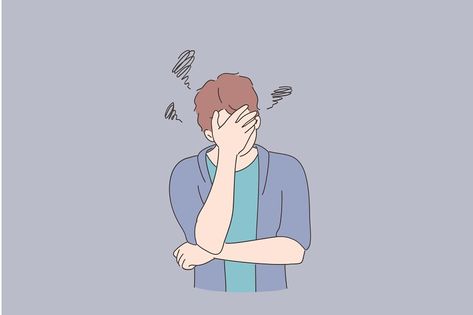Bloating, that uncomfortable feeling of a swollen belly, can strike at any time and leave you feeling less than your best. But fear not, as this common digestive woe can often be managed with some simple dietary adjustments and lifestyle changes. In this article, we’ll delve into the various factors that contribute to bloating and provide practical solutions to help you alleviate its symptoms.
Understanding Bloating
Bloating, characterized by a feeling of fullness and tightness in the abdomen, can stem from various sources. Let’s explore the main culprits behind this bothersome condition.
Foods that Trigger Bloating
Certain foods are notorious for causing bloating due to their impact on digestion. Keep an eye out for these potential triggers:
Dairy Products

Milk, cheese, and yogurt are packed with nutrients, but they can be tough to digest for some individuals, leading to bloating.
Beans and Lentils
While high in fiber, beans and lentils can cause gas and bloating in some people due to their complex carbohydrates.
Cruciferous Vegetables
Broccoli, cauliflower, cabbage, and Brussels sprouts contain raffinose, a sugar that can be hard to digest and contribute to bloating.
Carbonated Beverages
The fizz in carbonated drinks can result in excess gas production, leading to that uncomfortable bloated feeling.
Artificial Sweeteners
Certain artificial sweeteners like sorbitol and xylitol can ferment in the gut, leading to gas and bloating.
Other Contributing Factors

Bloating isn’t solely food-related; other factors also play a role:
Stress
When stress hits, digestion often takes a hit too. Hormones released during stress can slow down digestion and result in bloating.
Hormonal Changes
Bloating is common during pregnancy, menstruation, and menopause due to hormonal fluctuations.
Medications
Certain medications, including antibiotics and painkillers, can disrupt gut function and lead to bloating as a side effect.
Finding Relief from Bloating
Thankfully, managing bloating doesn’t always require drastic measures. Here’s how you can find relief:
Identifying Trigger Foods
Pay attention to how your body reacts after consuming certain foods. Keeping a food diary can help you identify culprits and make necessary adjustments.
Opt for Smaller Meals
Instead of large meals, opt for smaller, more frequent meals. This can help ease the burden on your digestive system.
Stay Hydrated
Drinking enough water supports digestion and prevents constipation, both of which can contribute to bloating.
Incorporate Exercise
Regular physical activity can help stimulate bowel movements and alleviate bloating. Aim for moderate exercise to keep things moving smoothly.
Manage Stress
Engage in relaxation techniques like deep breathing, meditation, or yoga to keep stress levels in check and promote healthy digestion.
Seek Professional Help
If your bloating persists or becomes severe, it’s essential to consult a medical professional to rule out any underlying health issues.
Preventing Bloating: Proactive Tips
Prevention is the best cure. Consider these tips to minimize the occurrence of bloating:
- Cook Vegetables: Cooking vegetables breaks down their fiber, making them easier to digest.
- Introduce Probiotics: Incorporate probiotic-rich foods like yogurt or kefir to promote a balanced gut microbiome.
- Digestive Enzymes: These can aid in breaking down foods, reducing the likelihood of bloating.
- Regular Physical Activity: Exercise not only supports digestion but also helps manage stress, a potential bloating trigger.
Conclusion
Bloating is a common issue that can stem from various factors, including food choices, stress, and hormonal changes. By identifying triggers, making dietary adjustments, and adopting a healthy lifestyle, you can significantly alleviate its symptoms and enjoy improved digestive comfort.
Frequently Asked Questions
- Can stress contribute to bloating? Yes, stress can slow down digestion and lead to bloating.
- What foods are known to cause bloating? Dairy products, beans, lentils, cruciferous vegetables, carbonated beverages, and certain artificial sweeteners can all contribute to bloating.
- How can I prevent bloating? You can prevent bloating by identifying trigger foods, eating smaller meals, staying hydrated, exercising regularly, managing stress, and seeking professional help if needed.
- Do hormonal changes affect bloating? Yes, hormonal changes during pregnancy, menstruation, and menopause can lead to bloating.
- Are there specific foods that can help reduce bloating? Cooked vegetables, probiotic-rich foods, and foods containing digestive enzymes can aid in reducing bloating.



